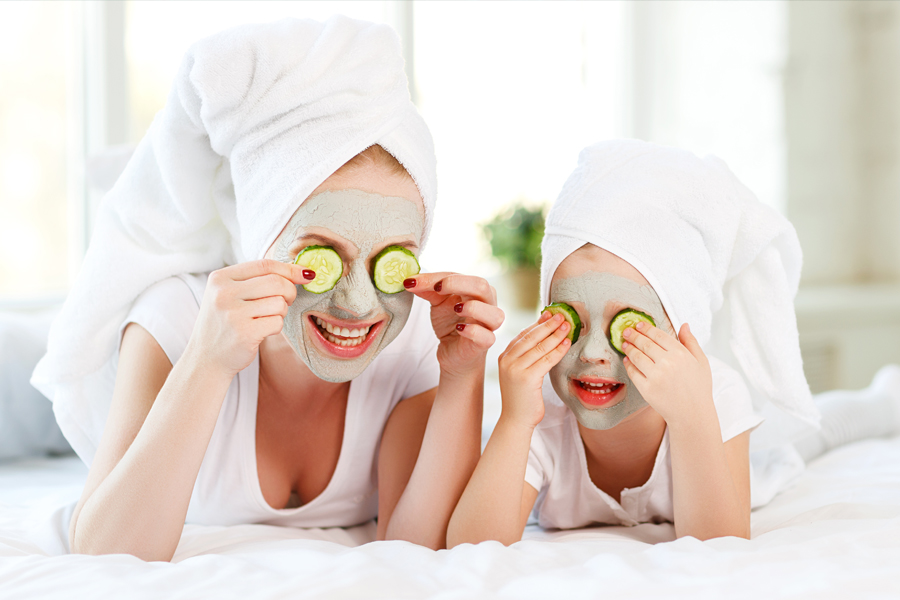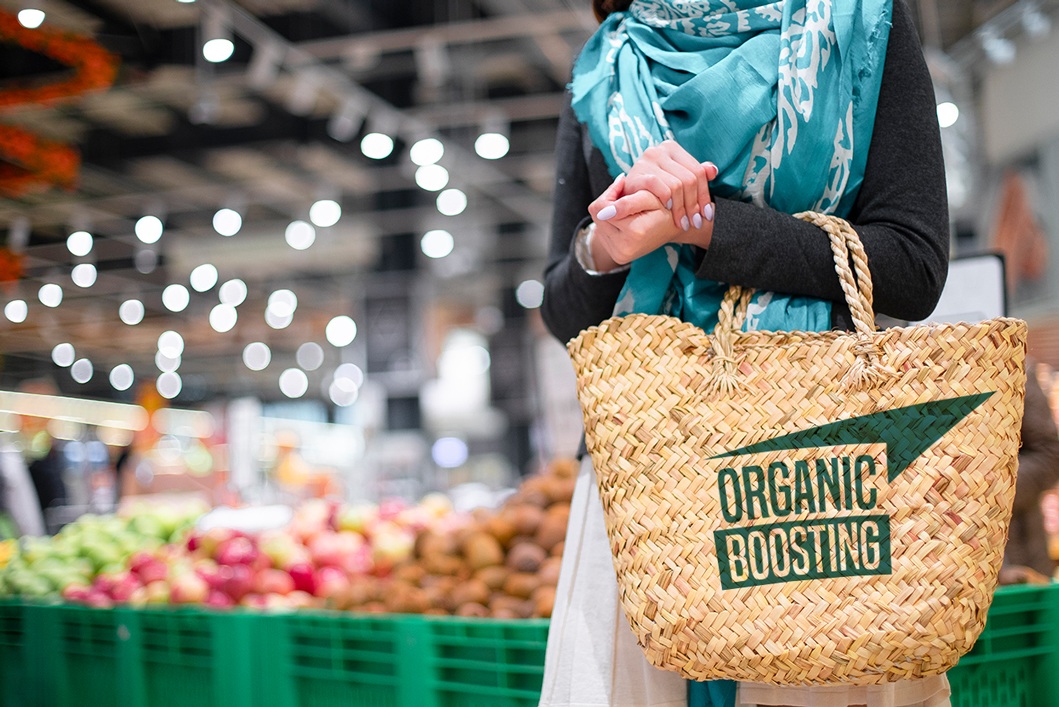Benefits, certifications and differences between natural products and organic products in cosmetic and personal hygiene products
More and more people around the world are opting for natural and/or organic personal care and hygiene products. But what are the differences between natural and organic products? What are the benefits of each compared to conventional products? And finally, what kinds of products can you find in our export platform for eco-friendly supermarkets? We answer all these questions below!
What’s the difference between a natural product and an organic one?
For a product to be classed as organic, it must meet organic certification standards, guaranteeing that the ingredients contained in the product meet the proper requirements.
“There are two very easy ways to find out if a product is organic: the first is to see if the company has an organic certificate issued by a certifying body; the second is to check the label and make sure the product only uses eco-approved ingredients. Transparency on the part of the producers is key in both cases,” says Pedro Catalá, cosmetologist, doctor of pharmacy and founder of Twelve Beauty.
Natural products are also made with ingredients extracted from nature, but these are not necessarily considered organic.
“There are certifying bodies that ask for a 60% content of organic material, others that ask for more, and some that ask for less. But basically, they all require a minimum level of organic content,” says Paola Gugliotta, doctor of dermocosmetics and creator of Sepai and APoEM.
What does it mean when an ingredient is organic?
There is no official legislation regulating organic cosmetics, but there are several relevant labels/certificates.
Organic ingredients are natural and cause less harm to the environment during cultivation, production, and transportation. Organic production does not permit the use of certain pesticides which may be used in the production of non-organic natural ingredients.
Labels may guarantee that a product is natural and contains no ingredients that are harmful, but no label requires that all ingredients come from organic farming or first pressing. Certified cosmetics may be natural while containing no ingredients that come from organic farming.
Let’s look at the 3 categories of certification that currently exist:
- Category 1: containing more than 90% or 95% organic ingredients
- Category 2: containing between 10% and 90% organic ingredients
- Category 3: containing between 0% and 10% organic ingredients
So, to determine whether a product is organic it is necessary to refer to the label and analyze the percentage of organic ingredients used in the product’s preparation. Organic ingredients are marked with an *.
For example:
Ingredients: Prunus amygdalus dulcis (sweet almond oil) *. Rosa canina fruit oil (rosehip oil). *Ingredient from organic farming.
In the above example, sweet almond oil would be considered an organic ingredient, while rosehip oil would not.
“Certified cosmetics can be considered natural even while containing no ingredients from organic farming,” says Bioecoactual.
What are the benefits of organic cosmetics?
- Organic cosmetics contain ingredients that haven’t been cultivated using pesticides or toxic substances, meaning that they’re better for the environment.
- Organic products for personal hygiene and cosmetics contain a maximum amount of pure, natural, non-synthesized ingredients. And – because they don’t contain preservatives or ingredients produced using pesticides – they’re better for the human body.
- Organic cosmetics and personal hygiene products are manufactured and distributed in an environmentally friendly manner.
“These days, we’re surrounded by chemicals – in the air, in the water, in our food, and above all in our skin. And there is one fundamental issue: our bodies contain lots of enzymes and substances that help it break down the toxins and chemicals that we consume. But the same is not true for substances that we put on our skin. It has been proven that traces of the preservatives and pesticides used on plants remain in the active ingredients of the cosmetics we put on our skin. And then, of course, there are the chemicals that are added to conventional cosmetics intentionally,” says Paola Gugliota, doctor of dermocosmetics and creator of Sepai and APoEM.
Which natural and organic cosmetic and personal hygiene products can you find in the Organic Boosting app?
In Organic Boosting we have everything that an eco-friendly supermarket could require to meet the needs of customers looking for natural and/or organic products.
In our export platform for organic produce, we offer the following product categories:
- Baby care
- Body skin & hair care
- Face skin care
- Intimate hygiene
- Make-up
- Sun care protection
If you’d like to find out more about our extensive catalog, don’t hesitate to get in touch via [email protected]. We’ll be happy to assist you, with no obligation on your part.
Discover the other benefits of our #Allinone service. In 2022 a big change is coming. People are turning towards a more responsible attitude to the environment, the natural world, and human health. Put yourself into the experienced hands of experts in the sector!




